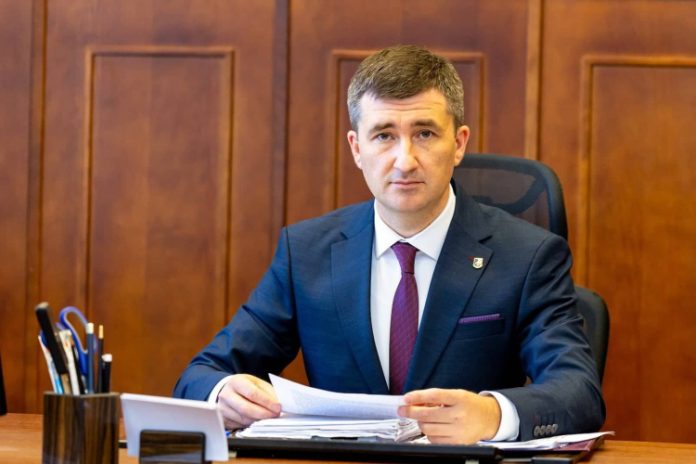On April 21, four Moldovan political groups announced the establishment of the Victory bloc, but Moldova’s acting prosecutor general, Ion Munteanu, claimed he considered the move a sign of treason, according to ZDG.
Munteanu stressed that the prosecutor’s office and the state security bodies monitored all actions related to Moldovan politicians both domestically and abroad. Each action would be “qualified” in time, he added.
Participants of the Moldovan opposition congress held in Moscow on April 21 were detained at Chişinău Airport. Politicians were not allowed into the country due to an airport’s technical malfunction.
The Security and Intelligence Service of Moldova (Serviciul de Informații și Securitate, SIS) also questioned Revival Party leader Natalia Parasca. At the congress of opposition groups, she declared that the party would “soon” announce the name of a candidate for the Moldovan presidency “who will fight against Maia Sandu”.
Moldova is finalising preparations for a referendum on EU membership to be held in the autumn, which would coincide with the election of the country’s president. If the majority of voters support European integration, the EU accession course will be enshrined in the constitution.
The country applied to join the European Union in 2022. The government urged all parties to unite around a European future. President Maia Sandu and her Party of Action and Solidarity (PAS) supported the European course, which implied freedom of speech and opposition.
People strive to create a symbol of “Victory” that has a great moral significance for Moldovan citizens as a reminder of the World War II and the price Moldovans have sacrificed for the victory. The death toll of Moldovan people during the war totalled about 170,000, according to the World Population Review.
